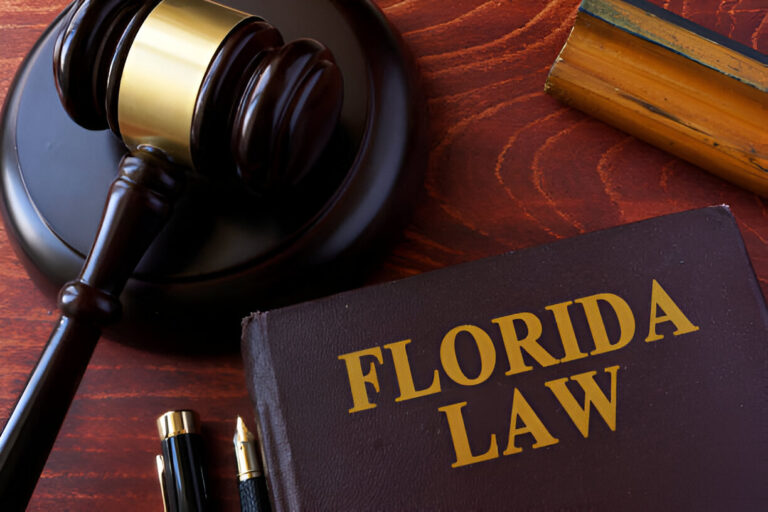Understanding who holds responsibility in product liability lawsuits can be confusing. In Florida, the aim is to protect consumers from harm caused by defective products. If you purchase a product and it causes injury, you may have grounds for a lawsuit. The legal team at Dolan Dobrinsky Rosenblum Bluestein can guide you through these complex matters. In product liability cases, three primary parties could be held accountable: manufacturers, distributors, and retailers. Manufacturers are responsible if a product’s design or production process is flawed. Distributors can be liable if the product becomes unsafe during the supply chain process. Retailers may face responsibility if they sold a defective product directly to you. Each of these parties has distinct duties to ensure consumer safety. Understanding these roles can help clarify who might be held accountable when a product fails. This blog explores the intricacies of Florida’s product liability laws and how they apply.
Key Elements of Product Liability
Product liability law revolves around ensuring that products meet certain safety standards. In Florida, the law requires that products are safe for intended use. If a product is defective or dangerous, it may lead to a lawsuit. There are three main types of defects that can result in liability:
- Design defects: Issues inherently present in a product’s design, affecting all units manufactured.
- Manufacturing defects: Occur during the production process, affecting specific product batches.
- Marketing defects: Involve failures in providing adequate instructions or warnings to consumers.
Each defect type plays a crucial role in determining liability. Understanding these can help identify the responsible party. For detailed information on product safety standards, review the FDA’s guidelines.
The Role of Manufacturers, Distributors, and Retailers
In Florida, liability can fall on manufacturers, distributors, or retailers. Each has specific responsibilities:
| Party | Role | Potential Liability |
| Manufacturer | Designs and produces the product | Design and manufacturing defects |
| Distributor | Facilitates product delivery | Defects during transportation |
| Retailer | Sells the product to consumers | Sale of defective units |
Manufacturers are often the primary focus due to their control over design and production. Distributors might be liable if the product is damaged in transit. Retailers face responsibility when they sell defective products directly. For more on consumer protections, visit the Florida Attorney General’s Consumer Protection Division.
Steps to Take if Injured by a Defective Product
If a product causes injury, it’s important to know the next steps:
- Seek medical attention: Your health is the first priority.
- Preserve the product: Keep the defective product as evidence, along with any packaging and receipts.
- Document everything: Take photos and notes on the product and your injuries.
- Contact a lawyer: A legal expert can guide you in filing a claim.
These actions can support your case and ensure proper handling of the situation. Legal guidance is crucial in navigating these complex claims.
Conclusion
Product liability laws in Florida aim to protect consumers while maintaining fair practices among manufacturers, distributors, and retailers. Understanding who is responsible when a product fails is key. Whether it’s a design flaw, manufacturing error, or inadequate warnings, knowing the roles of each party can help you pursue justice if needed. If faced with a defective product, remember to seek medical attention and legal advice promptly. By staying informed, you can ensure safety and accountability in product use.

